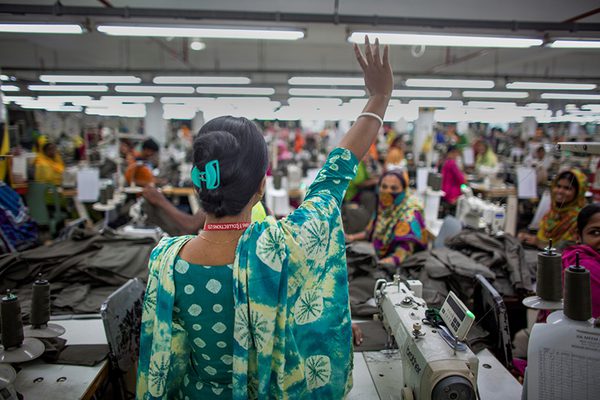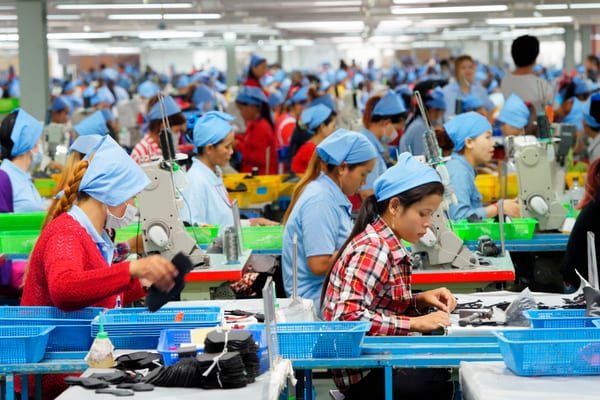Karamat Ali on the 2012 Pakistan Factory Fire
26 January 2017
IHRB's Salil Tripathi speaks with Karamat Ali about a pivotal case in Pakistan, when a large fire at a garment factory killed more than two hundred workers. A German company bought most of that factory's production, and in this conversation Ali describes how a coalition with German politicians, trade union movements, and civil society was built in the campaign for victim compensation. He also talks about the prospects for such coalitions to work together for justice in future.
Karamat Ali is executive director at the Pakistan Institute of Labour Education and Research (PILER). He has extensive experience as a trade unionist dating back to the 1970s and has contributed to strengthening the trade union movement and building links with civil society groups in Pakistan. He has degrees from the University of Karachi and the Institute for Social Studies in The Hague, Netherlands. He has also played a prominent role in promoting peace between Pakistan and India. He is a member of the International Advisory Committee, Hague Appeal for Peace, and member International Council World Social Forum.
Karamat Ali, was a renowned Pakistani peace activist who campaigned for labour rights and human rights. He was committed to helping those who had less and who had rights but were being denied those rights. His contribution affected many lives in Pakistan and beyond, including migrant workers from Pakistan who worked overseas, and he constantly sought peaceful ties with India. He campaigned for justice for the victims of a fire at a garment factory in Pakistan, who died in the accident. He was a familiar figure among trade union activists and workers' rights representatives in Europe. His patient handling of the case, discussing with the company involved and unions helped bring some justice to those victims and was considered to be a masterclass in negotiations. Karamat Ali died in late June 2024 in Pakistan.
Stream above, or you can listen on your favourite podcast player.
If you care about human rights and are curious about the impact of business on peoples’ rights, then follow Voices to get each episode straight to your feed.




